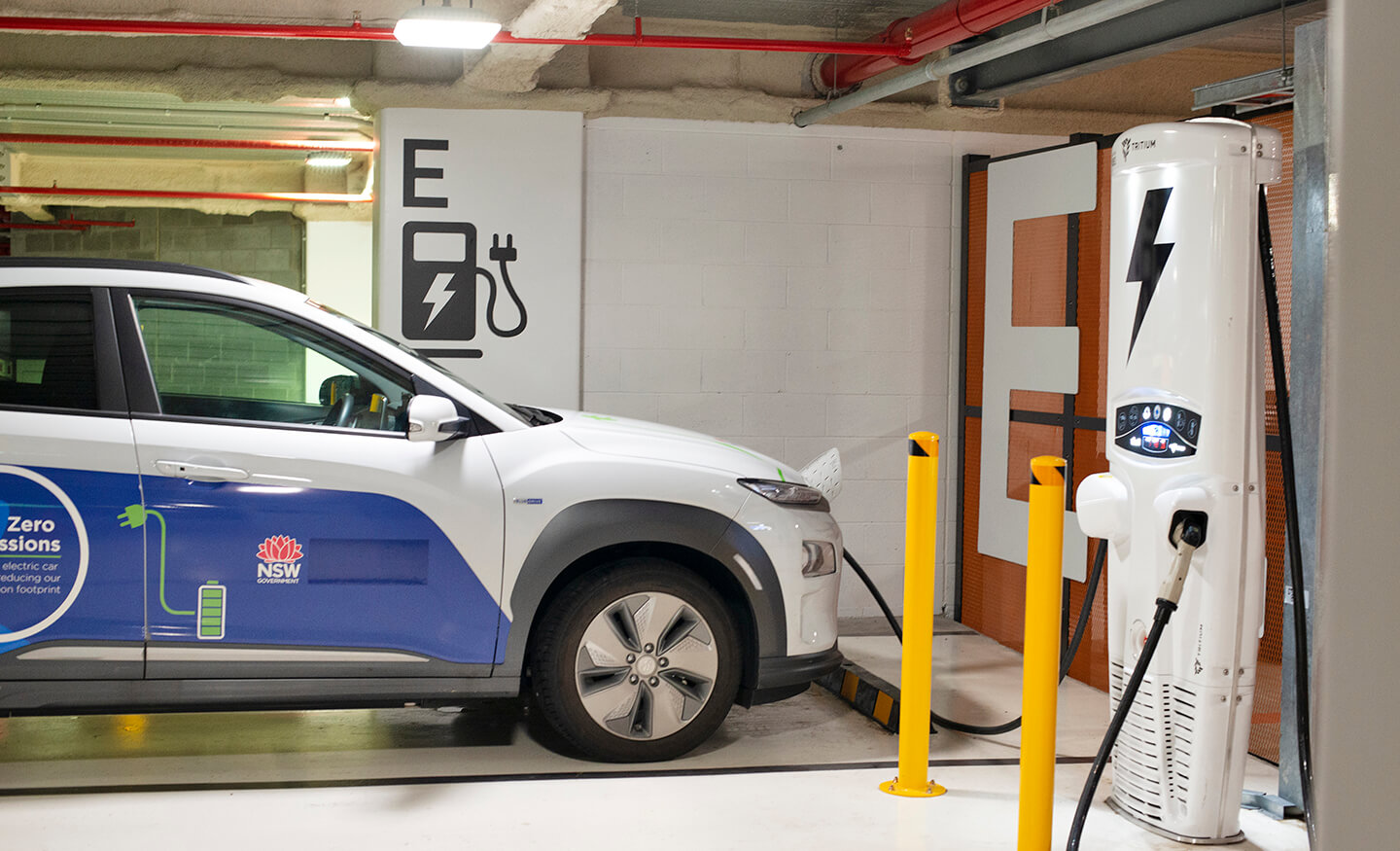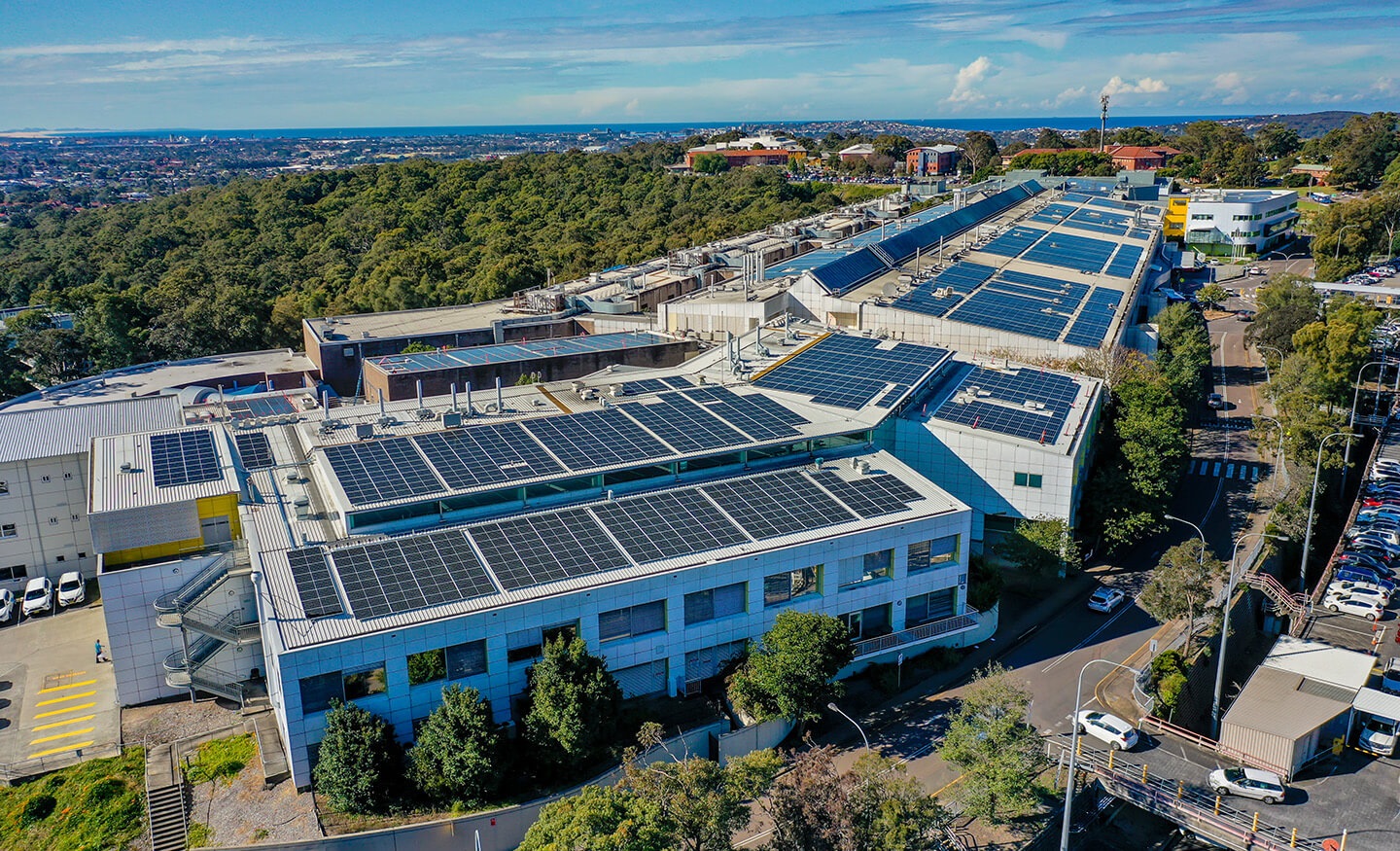The Net Zero Government Operations Policy sets out the requirements for common government operations that significantly impact greenhouse gas emissions. It also includes broader sustainability measures, such as saving water and minimising waste.
Why the policy is important
The Net Zero Government Operations Policy encourages NSW Government agencies to reduce their greenhouse gas emissions. This will help us achieve NSW’s emissions reduction targets, as set by the Climate Change (Net Zero Future) Act 2023.
The Act commits the NSW Government to effective action on climate change. It helps ensure a sustainable and fair future for the people, economy, and environment of NSW.
Find out more about the NSW Government’s commitment to reaching net zero emissions.

What the policy means for your agency
The policy applies to all NSW Government agencies with 100 or more staff. It is voluntary for other agencies.
The 24 actions and targets in the policy help your agency take the steps needed to help us reach our net zero targets.
They help your agency to operate more efficiently and save energy and maintenance costs. They also improve environmental and health outcomes.
Agencies must:
- implement the policy and report on compliance each year
- have long-term net zero transition plans in place
- decarbonise buildings and fleets gradually
- preference goods and services containing recycled content on an ‘if not, why not’ basis.
Read the Net Zero Government Operations Policy
Net zero transition plans
Agencies must produce a long-term transition plan. These plans must:
- aim to reduce scope 1 and 2 emissions
- identify their biggest scope 3 emissions sources and include actions to address them (by 30 June 2027)
- decarbonise their buildings’ operation using the rating schemes of the policy
- replace gas-fired plant and equipment with electric (or other fossil fuel-free alternatives) at end-of-life or earlier, if cost-effective
- electrify fleet vehicles to contribute to the policy’s decarbonisation targets for passenger and light commercial vehicles
- implement an organics collection service if their operations have a high volume of food waste (from 1 July 2026)
- preference goods and services that contain recycled content on an ‘if not, why not’ basis.

Agency monitoring and reporting
Agencies must report their performance against this policy and publish their results against the key performance indicators (KPIs) for each financial year.
The Department of Climate Change, Energy, the Environment and Water will collate and publish agency data on this website. The report will show how agencies are contributing to progress towards NSW’s legislated emissions reduction targets.
Help is available
Please contact us for help to:
- implement the Net Zero Government Operations Policy
- produce your agency’s net zero transition plan
- report on the policy.
Contact us
Phone: 1300 361 967
Email [email protected].
